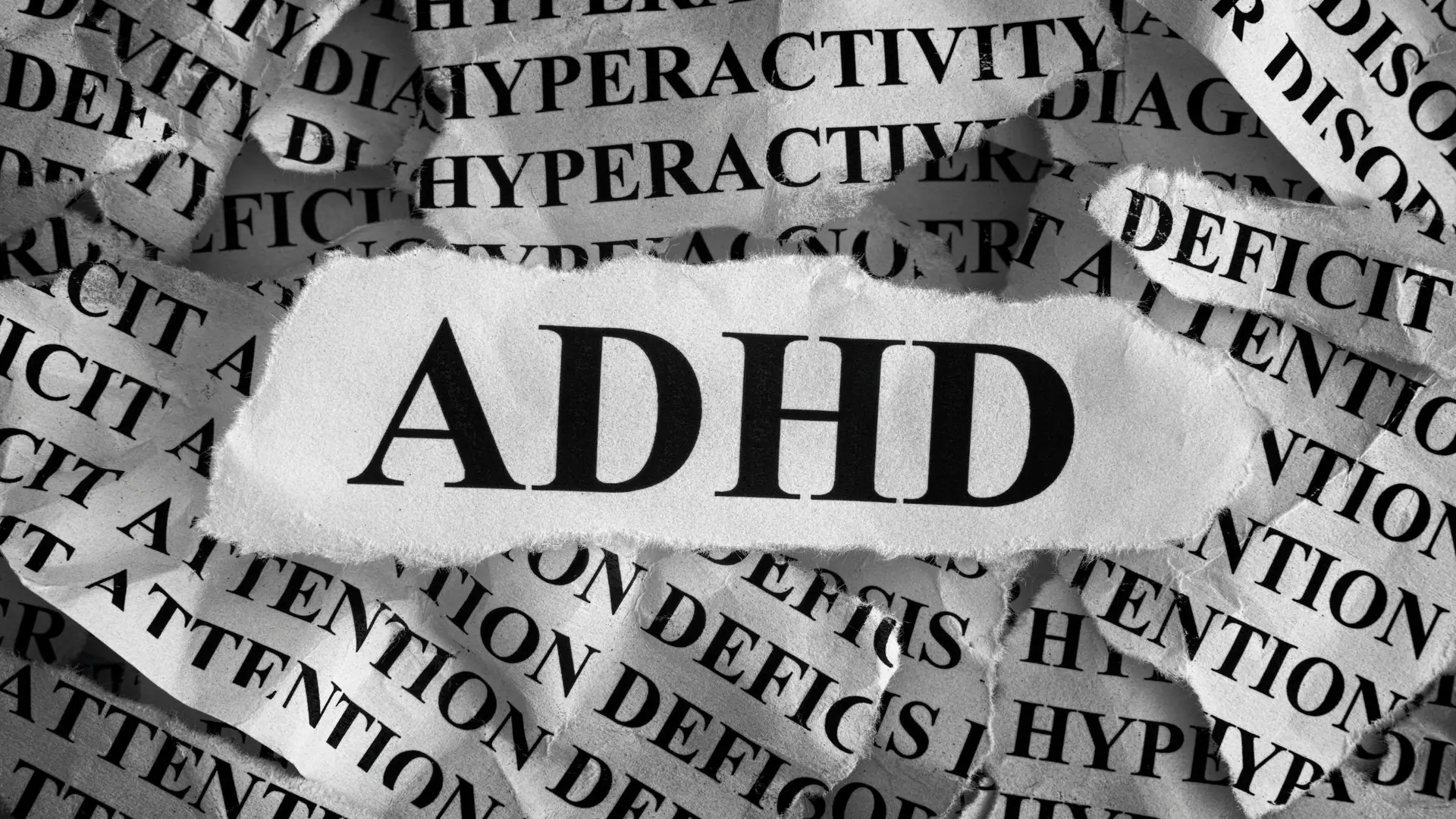
ADHD and Chronic Pain
Both ADHD and chronic pain can significantly impact someone’s life, and dealing with both conditions can pose unique challenges. ADHD, characterized by difficulty focusing, impulsivity, and hyperactivity, can affect daily functioning and make it harder to manage tasks or adhere to treatment plans for chronic pain. On the other hand, chronic pain, whether it’s from a specific condition or generalized, can cause fatigue, decreased motivation, and difficulty concentrating, exacerbating ADHD symptoms.
Managing both conditions often involves a multifaceted approach tailored to individual needs. Here are some strategies that might help:
Multidisciplinary Treatment: Seek support from healthcare professionals experienced in both ADHD and chronic pain management. This might include a combination of medication, therapy, physical therapy, and pain management techniques.
Structured Routine: Establishing a daily routine and breaking tasks into smaller, manageable chunks can help with ADHD symptoms and make it easier to handle pain management strategies.
Mindfulness and Relaxation Techniques: Techniques like mindfulness meditation, deep breathing exercises, or progressive muscle relaxation can help alleviate both ADHD symptoms and chronic pain.
Physical Activity: Regular exercise, tailored to your abilities, can reduce pain and improve ADHD symptoms by increasing dopamine and endorphin levels in the brain.
Medication Management: Work closely with your healthcare provider to manage medications for both conditions. Some medications used for ADHD might interact with pain medications, so careful monitoring is essential.
Support Groups and Therapy: Connecting with support groups or seeking therapy can provide valuable coping strategies, emotional support, and a sense of community.
Diet and Nutrition: Some dietary changes, like reducing inflammatory foods, might help manage chronic pain. Additionally, a well-balanced diet can support overall brain health, potentially aiding ADHD symptoms.
It’s crucial to remember that managing both conditions can be complex and might require patience and experimentation to find what works best for you. Consulting healthcare professionals who specialize in these areas and seeking support from friends, family, or support groups can make a significant difference in managing ADHD and chronic pain simultaneously.


Chronic pain can significantly impact the quality of life for someone with ADHD in various ways:
Difficulty Concentrating: ADHD already affects attention and focus, and chronic pain can exacerbate these symptoms. The persistent discomfort can make it challenging to concentrate on tasks, leading to decreased productivity and increased impulsivity.
Impaired Executive Functioning: Chronic pain can impair executive functions, such as planning, organization, and decision-making. For individuals with ADHD, who already struggle with these functions, the added burden of pain can make it even more challenging to manage daily responsibilities.
Increased Restlessness: ADHD often involves restlessness and hyperactivity. Chronic pain can amplify this restlessness, making it difficult to find a comfortable position or remain still, which can exacerbate pain and further disrupt focus and attention.
Sleep Disturbances: Both ADHD and chronic pain can disrupt sleep patterns. Pain might make it hard to fall asleep or stay asleep, leading to fatigue and exacerbating ADHD symptoms during the day.
Emotional Impact: Living with chronic pain can lead to increased stress, anxiety, or depression. ADHD individuals might already struggle with emotional regulation, and the added stress of managing pain can intensify mood swings and emotional dysregulation.
Reduced Social Engagement: Chronic pain can limit one’s ability to participate in social activities, leading to social withdrawal. For someone with ADHD who may already struggle with social skills, this withdrawal can exacerbate feelings of isolation and loneliness.
Medication Challenges: Managing medications for both conditions can be complicated. Some pain medications can have sedative effects or interact with ADHD medications, leading to cognitive difficulties or worsening ADHD symptoms.
These interactions between chronic pain and ADHD symptoms can create a cycle where each condition worsens the other, significantly impacting an individual’s overall quality of life. It emphasizes the importance of comprehensive and tailored approaches to manage both conditions simultaneously.